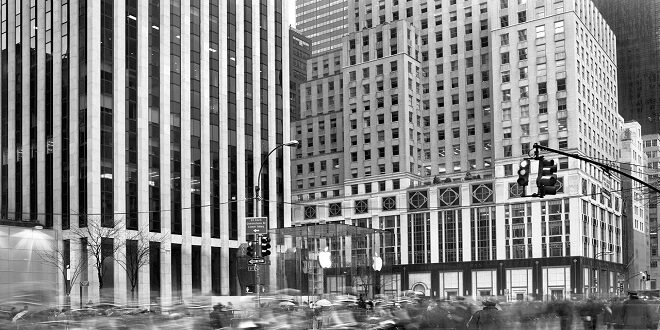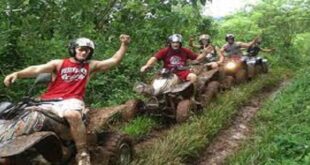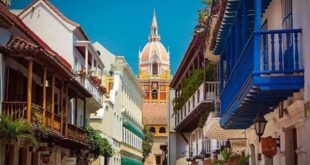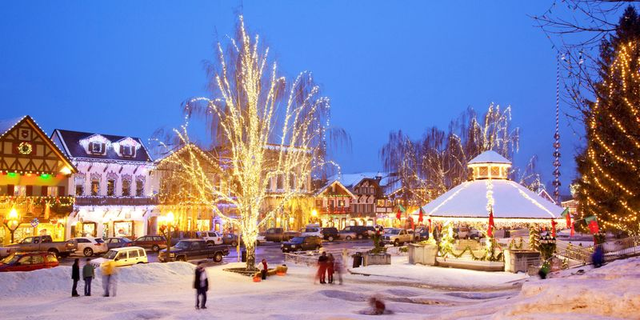Local elected officials
People did their jobs well. No major crimes were reported. Hospitals managed despite a couple problems with backup systems. As San Diego City Councilman Kevin Faulconer put it in a Sept. 11 refl ection, “The nation’s eyes were on San Diego. They saw a city with no lights, no power … And almost no crime. We defi ed expectations.” What’s unfortunate is that, if we defi ed expectations, it means we expected a lot of things to fail. Maybe we were just happy that what did fail failed as we had planned it would. Just more than two hours a er the power went out, sewage started spewing from a manhole at Sorrento Valley Road near the I-805 and I-5 merge. For fi ve hours, at an average rate of 8,600 gallons per minute, it kept going, and going, polluting the beautiful Los Peñasquitos Lagoon.
By the time it was over, combined with another spill in the South Bay, nearly 3.5 million gallons of raw sewage spilled into the ocean and San Diego Bay. Basically, the power went out and the city pooped itself. Beaches were closed all the way to Cardiff . For decades, the city that depends on, and invests in, tourism above many other priorities, has struggled to do right by its beaches. San Diego has received a special waiver from the EPA allowing us to treat our sewage at a lower standard than elsewhere.
As the director of marketing and events
Frances Mayes, author of Under the Tuscan Sun. Mcbeth told Mayes how much she appreciated her books, especially since she’d never been to Tuscany herself. “She invited me to come and visit,” mcbeth recalls. That got her thinking about how much fun a trip like that would be—not just for her, but for other readers. “I was bursting at the seams to escape from the confi nes of a retail environment and create experiential events that would connect readers and authors in a more intimate way than the traditional lecture format,” says mcbeth. This past summer, mcbeth led a group of 10 on a weeklong journey to Tuscany where they attended Festival del Sole in Cortona. This annual art and music festival.
Was cofounded by Mayes who had lunch with Macbeth and her group. The literary adventurers then toured author Franc Mate’s vineyard, where his son, Buster,hosted a wine tasting. They got an insider’s tour of Tuscany from author Dario Castagno, and dined with radio personality and author Annalisa Copular Newell. Travelers also got to develop their culinary skills with Marlene Murielle, author and founder of Il Campo Covina cooking school.
Last word
Shakespeare and Mark Twain tours, Macbeth incorporates writers who are still living. “It’s fun to have an opportunity to interact one-onone with an author whose book you have read. Customers can ask questions and not have to interpret [the writing].” And the concept works. “I can honestly say this is the happiest I have ever been in my career,” says Macbeth. “Organizing events at a bookstore is where my compulsive organizational skills met my passion for literature. The only thing that was missing was my passion for travel. Now I’m able to combine all three into a fulfilling, rewarding, and fun endeavor.” Next June, Macbeth will off ether “Magical Mystery Literary History Tour,” a 10-day European sleuthing adventure to the Czech Republic, Poland, and Germany. Leading the group will be Kathy Diamante, author of Kefka’s Last Love, and director of the Kafka Prosact at San Diego State University.
AI is one of the biggest tech news. We are still only in the early days of the development of AI. As the technology becomes more sophisticated, it will be applied to further develop tech-based tools, such as training machines to recognize patterns, and then act upon what it has detected. It can develop your best business times idea and you can succeed in your life goal.
 Thefashion2day Popular Fashion News Website
Thefashion2day Popular Fashion News Website




